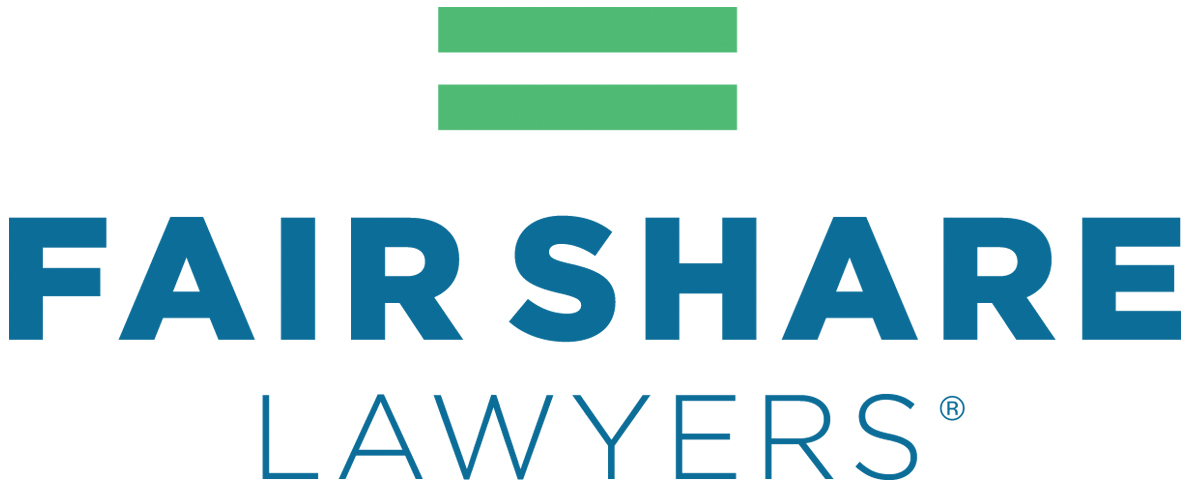How to Find Out Who the Executor of an Estate Is
After a loved one passes, surviving family members are forced to deal with complicated legal processes. There are legal considerations for which assets need to be distributed, how debts are paid, and who executes the will.
The party executing the will is called an executor. One of the most important aspects of a will is naming the executor, who then implements the wishes of the deceased through a process called probate.
In Tennessee, the person making their will can name pretty much any adult as their executor. They could name a family member, friend, lawyer, or anyone else they trust.
After a loved one passes, it might not be immediately clear to surviving family members who the executor is. Fortunately, there are simple ways to find out.
The Executor Is Named Directly in the Deceased’s Will
Referencing the will itself is the best way to find out who the executor is. If possible, locate the document wherever it’s stored or reach out to the deceased person’s estate attorney to get the information. It’s important to make sure the will you’re referencing is the most recent version if your loved one made changes to a previous version.
The Information Is Public Record
In many cases, surviving family members might not have a copy of the will or they might be unsure whether the copy they have is the most recent version. Fortunately, this information is public record, which means obtaining the information is a straightforward process.
Many courts in the U.S. have searchable databases you can use to find the executor of your loved one’s will. You can search the name of the deceased in these databases to retrieve the court case number for the will, which you can then use to find the will online or from the probate court clerk’s office.
What If There Is No Will?
When someone dies without a will, their estate’s assets are distributed and debts are paid through a state’s intestate process. The probate court can appoint someone as an administrator, which is very similar to the role an executor plays when carrying out a will.
Regardless of who is appointed administrator, the assets of an intestacy estate are distributed according to the laws set forth by each state.
Do You Have Concerns About an Executor’s Actions?
When surviving loved ones are worried that a will isn’t being executed properly or that the will itself doesn’t reflect the true wishes of the deceased, they have legal options available. You have the right to contest a will, dispute a trust, or raise concerns about potential abuses of a power of attorney.
Consider speaking directly to an experienced estate dispute lawyer to learn more about your options.
If You Need Help, Contact Us to Demand Your Fair Share
The Nashville estate dispute attorneys at Fair Share Lawyers have years of experience helping our clients demand that they get the inheritance they’re entitled to. Contact us today to speak to our team about your situation.

I need to speak with an attorney about my mother’s estate. My sister has assumed control and she is not acting like a fiduciary. She lives in Florida, I live in Connecticut. It’s a long story. Please contact me.
Rodd
Rodd,
Please call our intake specialist, Jenny, at 1-800-719-2721.
Thank you.
If I want to find out who the executor is for any given estate, where would I go to find out that information. Is there a government agency that would have this information.
You need to check the court records in the county of the deceased in County Court division.
How do I find out in NYC ..the executor of a deceased persons estatei
You need to check the court records in the county of the deceased.